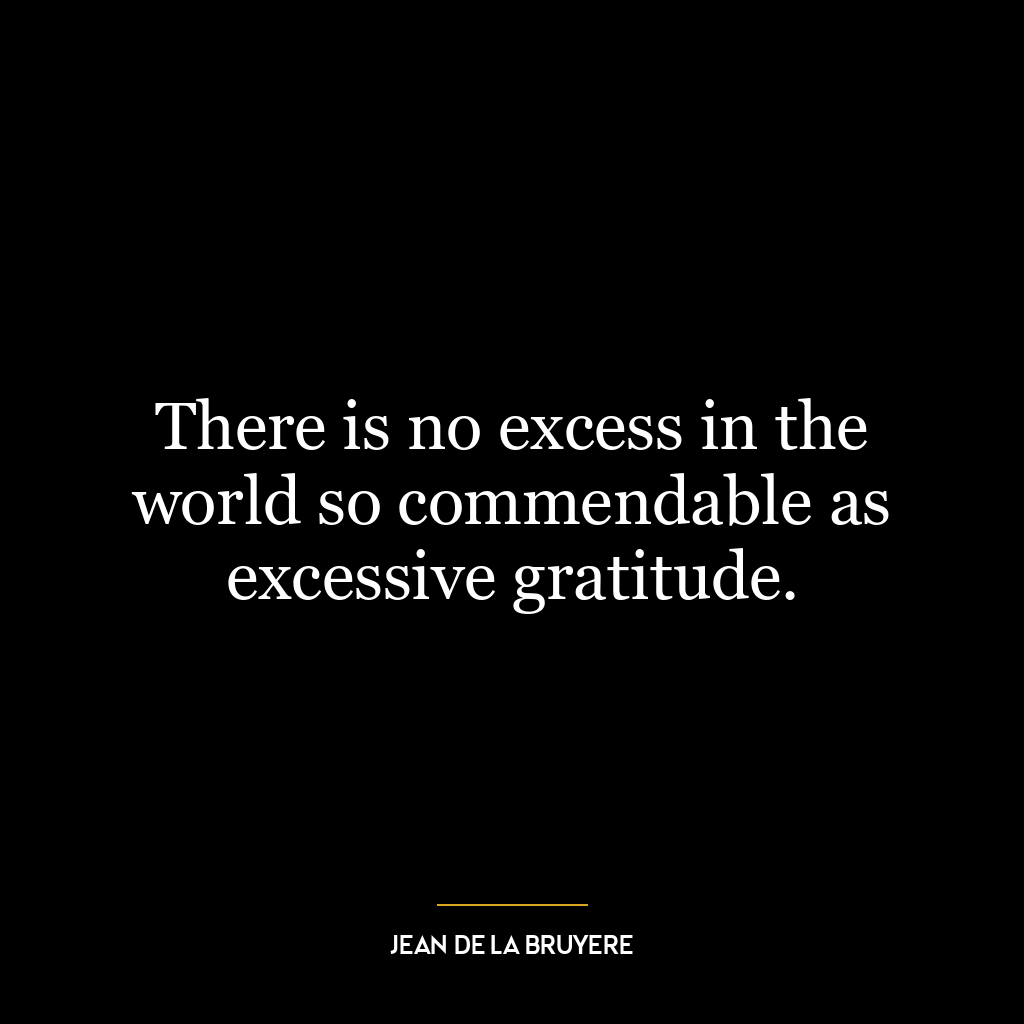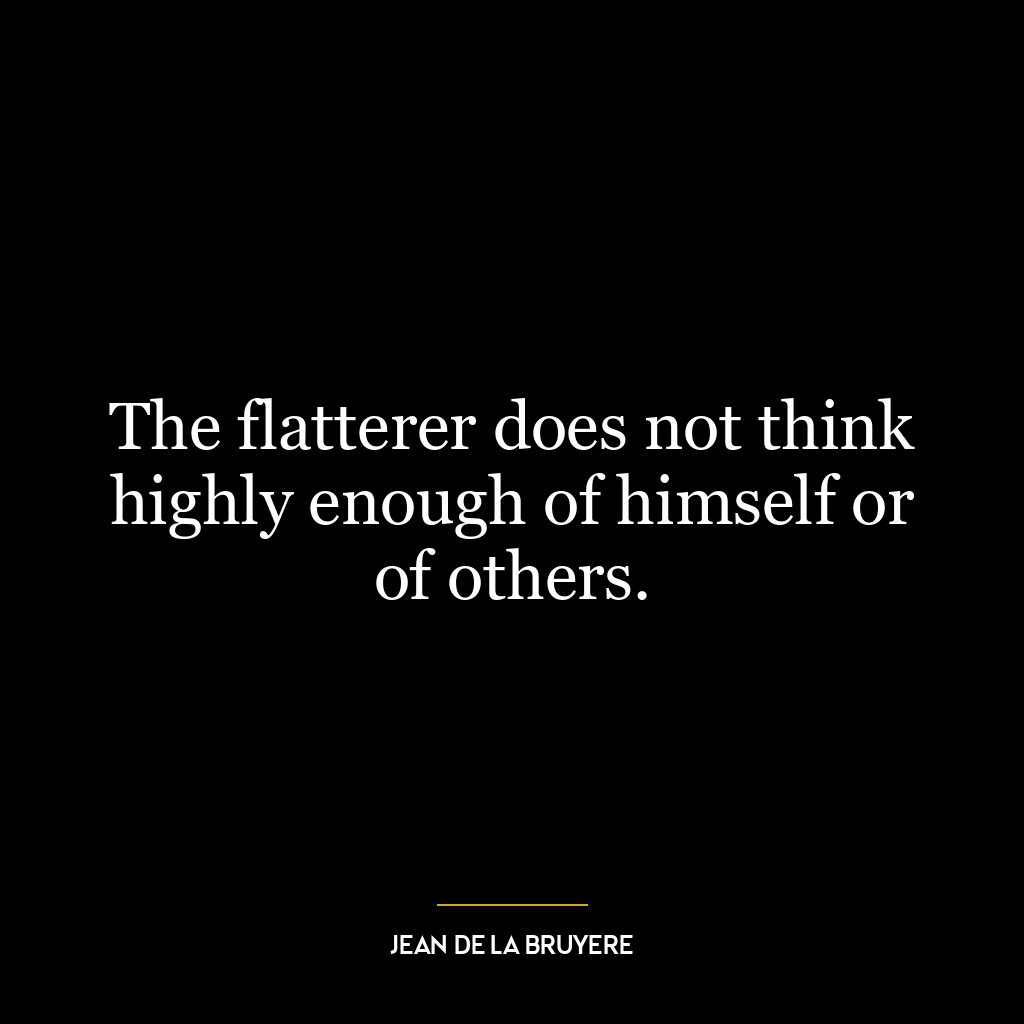This quote suggests that just because an individual repays a debt of gratitude, it doesn’t necessarily mean they are truly grateful. It implies that gratitude is not simply a transaction or an obligation to be fulfilled, but rather a genuine feeling of appreciation. The act of repayment can sometimes be carried out of duty or expectation, rather than out of genuine thankfulness. Hence, the act of discharging a debt does not automatically equate to gratitude.
In essence, the quote is drawing a distinction between the action of repayment and the emotion of gratitude. It suggests that gratitude is a deeper, more sincere emotion that cannot be reduced to a mere transaction. It’s not about keeping score or settling accounts, but about sincerely appreciating the kindness or generosity of others.
In today’s world, this idea can be applied in numerous ways. For instance, in a professional setting, an employee might feel obligated to thank their boss for a promotion or a pay raise. While the employee might express their thanks, it doesn’t necessarily mean they feel grateful, especially if they believe the promotion or raise was long overdue.
Similarly, in personal relationships, a person might feel compelled to express thanks for a gift or a favor, even if they don’t truly appreciate it. In these cases, the expression of thanks is more about social convention than genuine gratitude.
From a personal development perspective, the quote serves as a reminder to cultivate genuine gratitude. It encourages us to look beyond the mere act of repayment and to focus on the deeper emotion of appreciation. By doing so, we can develop a more authentic and meaningful sense of gratitude, which can enhance our overall well-being and happiness.








